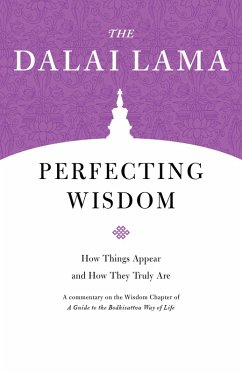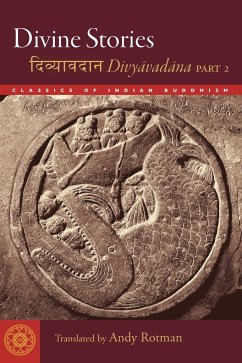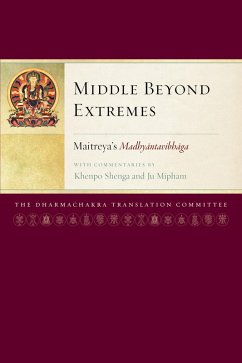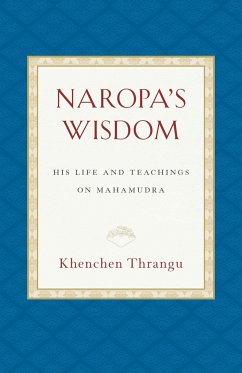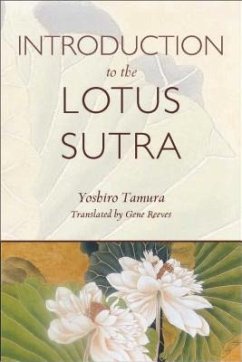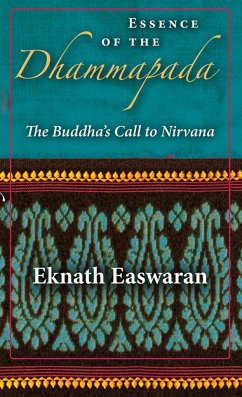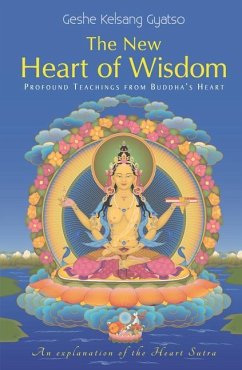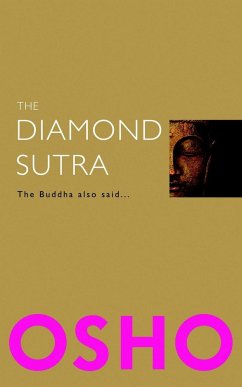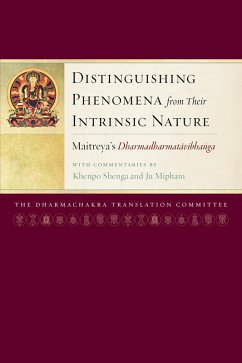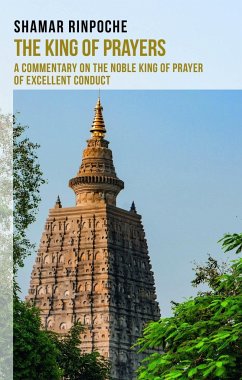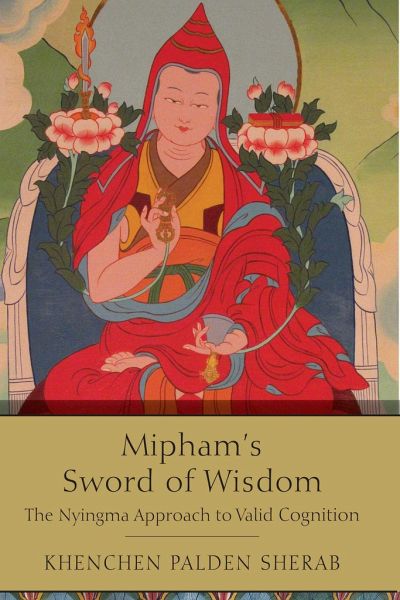
Mipham's Sword of Wisdom
The Nyingma Approach to Valid Cognition

PAYBACK Punkte
7 °P sammeln!
Presents the Nyingma-lineage understanding of valid cognition in Buddhism. Its core subject is the Buddhist view of the two truths—the relative truth of conventional appearances and the absolute truth of emptiness and buddha nature—and how the two truths are inseparable. The main questions posed are: How can we know the two truths and how can we be certain that our knowledge is accurate? “The great scholar and advanced spiritual master Jamgon Mipham’s Sword of Wisdom is a classic work that explicates valid cognition. I am happy to see it now available in English with commentary and s...
Presents the Nyingma-lineage understanding of valid cognition in Buddhism. Its core subject is the Buddhist view of the two truths—the relative truth of conventional appearances and the absolute truth of emptiness and buddha nature—and how the two truths are inseparable. The main questions posed are: How can we know the two truths and how can we be certain that our knowledge is accurate? “The great scholar and advanced spiritual master Jamgon Mipham’s Sword of Wisdom is a classic work that explicates valid cognition. I am happy to see it now available in English with commentary and scholarly appendices that will be very helpful for serious students in understanding this profound and important text.”—His Holiness the Sakya Trichen Mipham’s Sword of Wisdom explores the Nyingma-lineage understanding of valid cognition in Vajrayana Buddhism. This translation, a clear and concise primer on higher realization through valid cognition in Buddhist philosophy, presents these ideas in English for the very first time and includes the sutra presentation of the two truths and the tantra teachings of the two truths as the purity and equality of all phenomena. When you’ve finished Mipham’s Sword of Wisdom, you’ll have * rich insights into Nyingma teachings on valid cognition, * a profound new understanding of the two truths and their inseparability, * a solid foundation in valid cognition through direct perception and reasoning according to the traditional Indian treatises of Dharmakirti and Dignaga, * and much more.




